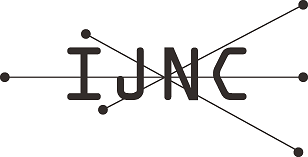Task-Level Resilience: Checkpointing vs. Supervision
Abstract
With the advent of exascale computing, issues such as application irregularity and permanent hardware failure are growing in importance. Irregularity is often addressed by task-based parallel programming implemented with work stealing. At the task level, resilience can be provided by two principal approaches, namely checkpointing and supervision. For both, particular algorithms have been worked out recently. They perform local recovery and continue the program execution on a reduced set of resources. The checkpointing algorithms regularly save task descriptors explicitly, while the supervision algorithms exploit their natural duplication during work stealing and may be coupled with steal tracking to minimize the number of task re-executions. Thus far, the two groups of algorithms have been targeted at different task models: checkpointing algorithms at dynamic independent tasks, and supervision algorithms at nested fork-join programs. This paper transfers the most advanced supervision algorithm to the dynamic independent tasks model, thus enabling a comparison between checkpointing and supervision. Our comparison includes experiments, running time predictions, and simulations of job set executions. Results consistently show typical resilience overheads below 1% for both approaches. The overheads are lower for supervision in practically relevant cases, but checkpointing takes over for order millions of processes.
Keywords
Fault Tolerance; Resilience; Work Stealing; Asynchronous Many-Task Programming; Runtime Systems
Full Text:
PDFRefbacks
- There are currently no refbacks.
